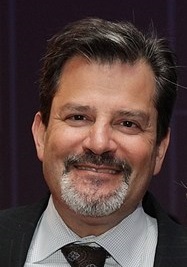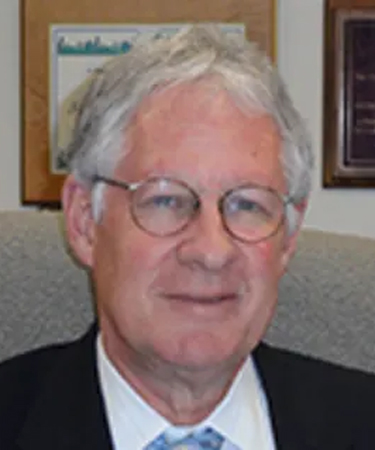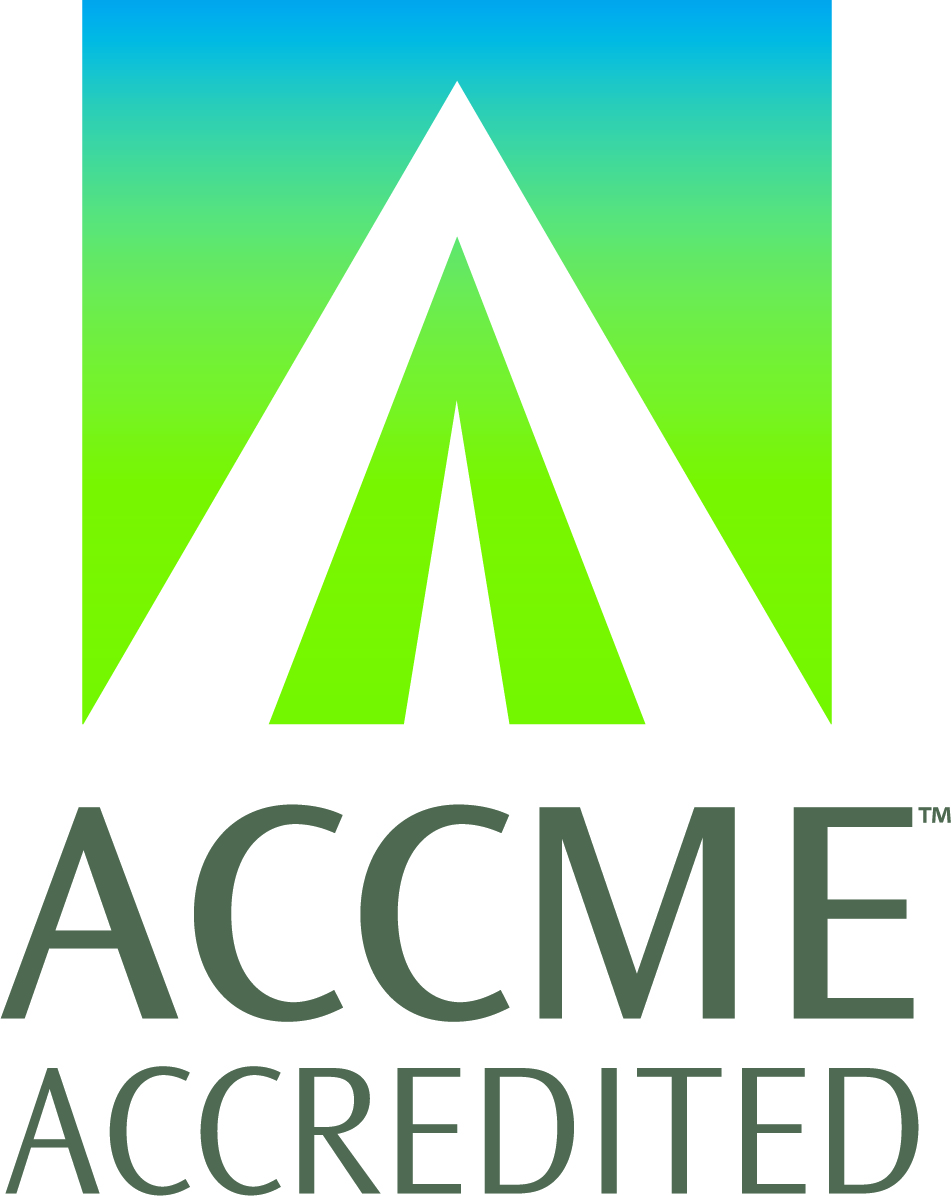Monday May 22, 2023 –
Wednesday May 24, 2023
7:30am-12:50pm EST
Event Details
When
Where
Opal Resort, Key West, FL
Key West, Florida
Event Code
SEMLA-3720230522
Course Topics
Day 1
Practical Approach to the Patient with
Hypertension. (Horowitz)
Upon completion of this session, using multiple research trials as well as the current JNC recommendations, the participant should be able to:
GL, COMP
- Apply the current JNC recommendations for treatment of hypertension
- Develop a rational approach to choosing medication in treating hypertension
- Decide when and how to evaluate for secondary causes of hypertension
Practical Approach to the Patient with Hyperlipidemia (Horowitz)
Upon completion of this session, using multiple research trials as well as the recommendations of the NCEP, the participant should be able to: GL, COMP
- Apply the current NCEP guidelines.
- Develop a practical approach for considering the new medications available.
- Consider the new targets developed for cholesterol end point.
Practical Approach to the Patient with Potential DVT (Horowitz)
Upon completion of this session, using multiple research trials as well as applying recommendations from the ACCP, AAFP/ACP, and the AHA/ACC, the participant should be able to: GL, COMP
- Obtain an appropriate medical history to better identify those patients at risk.
- More confidently evaluate and assess the patient suspected of having DVT.
- Better manage patients with the confirmed diagnosis of DVT.
Adrenal Insufficiency- Primary and Secondary. (Winters)
Upon completion of this session, using evidence-based medicine and clinical practice guidelines, to include Endocrine Society Guidelines, the participant should be able to: COMP, EBM, GL
- Apply principles learned to evaluate the diagnostic tests used to confirm the diagnosis or primary or secondary adrenal insufficiency.
- Learn the causes of primary and secondary adrenal insufficiency.
- Employ therapeutic options for patients with primary or secondary adrenal insufficiency.
Cushing Syndrome and other Functional Disorders of the Adrenal. (Winters)
Upon completion of this session, using evidence-based medicine and clinical practice guidelines, to include Endocrine Society Practice guidelines, the participant should be able to: COMP, EBM, GL
- Outline the etiologies of Cushing syndrome.
- Evaluate a patient with an adrenal tumor.
- Evaluate a patient for suspected hyperaldosteronism.
- Employ strategies to appropriately diagnosis and manage patients with pheochromocytoma
Day 2
Practical Approach to the Diagnosis and Management of Heart Failure (Horowitz)
Upon completion of this session, the participant should be able to: EBM, GL, COMP
- Appraise the symptoms of congestive heart failure and detect the common causes of systolic heart failure.
- Employ the current standard-of-care therapies.
- Determine which patients will benefit from device therapy and specify when to refer patients for more advanced cardiac care.
- Be familiar with, and be able to apply the 2022 Guidelines for the Management of Heart Failure.
Practical Approaches to the Patient with Obesity (Horowitz)
Upon completion of these sessions, using multiple research trials as well as applying recommendations from the AGA, NIH – NHLBI, ACP, AHA, ASBS, and ACS, the participant should be able to: GL, COMP
- Review the current popular diets available and marketed to your patients.
- Take into consideration unique needs of the obese patient in order to create a comprehensive approach to the treatment of obesity.
- Explain the basic physiology of obesity.
- Manage the medications available for the treatment of obesity.
Thyroid disease
Attendees of this presentation by applying recommendations from the AAFP, AACE, ACP, ATA, USPSTF, IOM, and ACOG, should be able to:
- Appreciate the role of the screening TSH and what to do with the results.
2. Develop a reasonable and cost-effective approach to diagnosing the thyroid nodule.
3. Discuss the management of hypothyroidism.
Disorders of Calcium Metabolism (Winters)
Upon completion of this session, using evidence-based medicine from the JCEM, Annual of IM and others, the participant should be able to: COMP, EBM, GL
- Distinguish the causes of hypercalcemia.
- Recognize secondary hyperparathyroidism.
- Be aware of the indications for surgical intervention using clinical practice guidelines for asymptomatic hyperparathyroidism. List the causes of hypocalcemia.
Polycystic Ovary Syndrome (Winters)
Upon completion of this session, using evidence-based medicine and clinical practice guidelines, to include Rotterdam Guidelines, the participant should be able to: COMP, EBM GL
- Recognize the distinguishing features of PCOS.
- Prescribe appropriate laboratory tests to evaluate women with hirsutism. Describe the non-reproductive aspects of PCOS.
Day 3
Practical Approach to the Patient with Headache (Horowitz)
Upon completion of this session, while applying recommendations from the IHC, NHF, AAFP, AAN and ACP, the participant should be able to: GL, COMP
- Review the differential diagnosis of a patient presenting with the complaint of headache.
- More confidently evaluate the patient with headache and appreciate the indications for imaging.
- Develop a treatment plan that considers lifestyle changes as well as medications.
Practical Approach to the Patient with Diabetes (Horowitz)
Upon completion of this session, using multiple research trials as well as recommendations from the ADA, EASN, AGA, CDA, AACE, ACP, and the AAFP, the participant should be able to: GL, COMP
- Consider this primer on management.
- Distinguish the patient who is likely to go on to develop complications and appreciate the potential long-term course.
- Apply the current guidelines for therapy and access the anticipated outcome goals.
Approach to the Management of Chest Pain (Horowitz)
Upon completion of this session, the participant should be able to: GL, COMP
- Evaluate the complaint in the context of history, physical exam, and EKG findings.
- Develop a strategy to use cardiac biomarkers in the evaluation of ACS.
- Use recent research studies and guidelines to develop an approach to the patient with chest pain.
Male Hypogonadism. (Winters)
Upon completion of this session, using evidence-based medicine from the JCEM, NEJM and others, the participant should be able to: COMP, EBM
- List the classic causes of male hypogonadism
- Appreciate the entity of adult onset hypogonadism.
- Describe the risks and benefits of testosterone use and apply toward decision making when reviewing treatment options.
Hypo and Hypernatremia (Winters)
Upon completion of this session, using evidence-based medicine, the participant should be able to:
- Learnhow to diagnose the cause ofhyponatremia
- Understand Guidelines for the management ofhyponatremia based on duration and severity ofdisease.
- Be aware of the osmotic demyelinationsyndrome.
- Recognize when hypernatremia may representdiabetes insipidus. Understand treatment with desmopressin
Hotel Reservations
Hotel Reservation Link
To arrange your stay, please use the above “Hotel Reservation Link.”
We have negotiated significantly reduced rates for our guests! The special room rate will be available on a first come first serve basis.
- Please make sure to enter the dates you are requesting. The link will automatically default to 05/19/23 – 05/26/23 and may show no availability.
- Daily resort fee of $35 is waived for our guest with registration in our room block.
- Register by April 21, 2023 to take advantage of our preferred rates.
Rent a Car with Enterprise or National:
Enterprise/National
To book your CME conference car rental and to receive special rates exclusively for AMS attendees, you may call or book online with our contracted companies.
Presented By

David Horowitz, MD
Professor of Clinical Medicine, Perelman School of Medicine at the University of Pennsylvania; Associate Chief Medical Officer, University of Pennsylvania Health System; Philadelphia, PA

Stephen Winters, MD
Emeritus Professor and Chief, Division of Endocrinology, Metabolism and Diabetes, University of Louisville; Louisville, KY
Accreditation
American Medical Seminars, Inc. designates this live activity for a maximum of 15 AMA PRA Category 1 Credits™. Physicians should claim only the credit commensurate with the extent of their participation in the activity.
Accreditation Statement
Webinar Details
Live Webinar Access Information
Webinars are held via zoom and the Wednesday prior to the conference start date, an email will be sent with the zoom link.
Open For Registration
Cancellation & Refund Policy
We understand that plans may change. Please review our cancellation and transfer options below:
30+ Days Before Conference Start Date
- Refund: Full refund minus a $50 processing fee.
- Transfer: Registrations can be transferred once, at no cost, to another conference within two years. Alternatively, registration may be placed “on hold” for up to 12 months, allowing participants to choose a suitable conference for transfer within that period.
Less Than 30 Days Before Conference Start Date
- Refund: No refunds available.
- Transfer: Registration may be transferred to another conference within 2 years at no cost. Alternatively, registration may be placed “on hold” for up to 12 months, allowing participants to choose a suitable conference for transfer within that period.
Additional Notes
- No-shows are non-refundable and non-transferable.
- If we cancel a conference, you may choose a full refund or transfer to another event.
On-Demand Courses
- All sales are final. No refunds or transfers.
Invitation Letters
If American Medical Seminars issued you an Invitation Letter to attend a CME conference in the United States and you need to cancel your registration, we will only refund 50% your registration fee. This is to cover the cost of your Invitation Letter and processing costs. By registering, you agree to the non refundable portion of the registration.
Disclaimer
In the event that AMS is required to cancel a live conference, registrants will receive a full refund within 7 business days. AMS is not responsible for charges associated with cancelled flights or hotel rooms.
How to Request a Cancellation or Transfer
Requests must be submitted in writing to mail@ams4cme.com or by calling 1-800-267-4263.
Note: By registering, you agree to this policy.



